5 things humans still do better than robots
Don't fear the Terminator just yet.

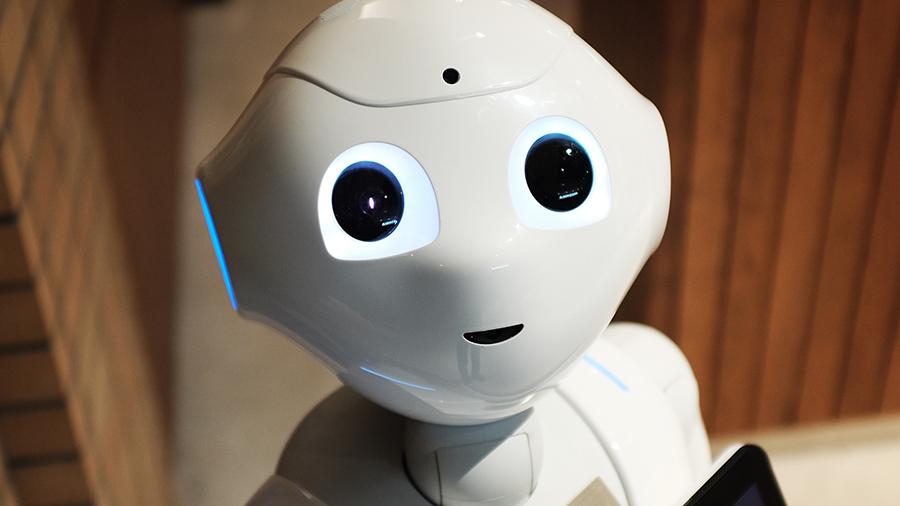
It seems like barely a week goes by without some new technological breakthrough being made with robots, whether they're exploring the Great Pyramids or keeping an eye on our homes. These mechanical marvels are advancing fast, and proving to be very useful.
However, despite all the improvements and innovation, there are still some particular tasks that robots can't get their electronic brains (and limbs) around - if your job is about to be taken by a robot, then you might want to start a career related to one of these areas.
Being creative
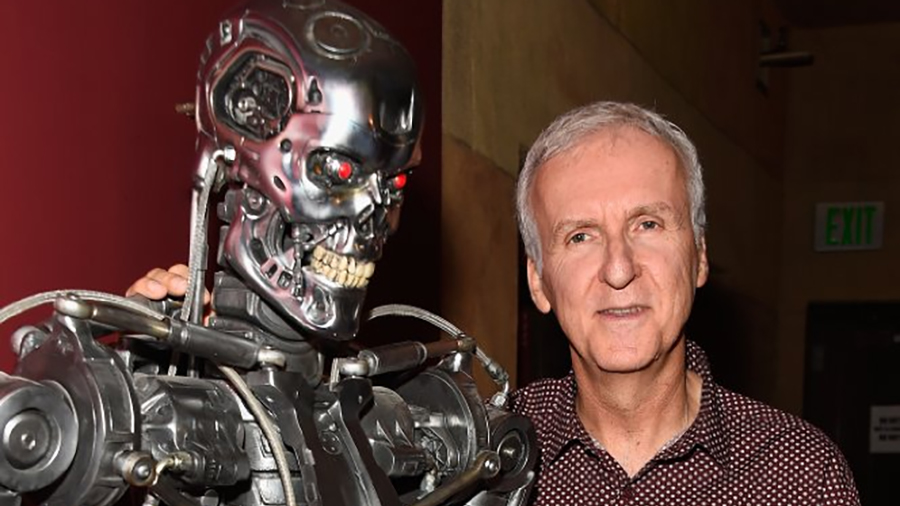
Sure, robots can recognise your face in a photograph, but can they paint it? Whatever spark in the brain it is that makes us human beings creative, it's yet to be replicated in a software program, so flesh and blood writers and musicians still have the edge... for now.
Robots and the software that powers them excel at crunching numbers and working through calculations, and they're also good at taking vast sets of data and learning to make decisions based on them. Creating something completely from scratch, though, is on another level altogether.
What makes this so difficult for robot makers is that we still know relatively little about what makes the brain tick, and where human traits like creativity and patience and love actually come from.
Experts are getting robots to create works of art right now, but so far they're very procedural and... well... uncreative. The droids are going to need much more data to work with and much more naturalistic programming before they can get really artistic.
Gripping objects
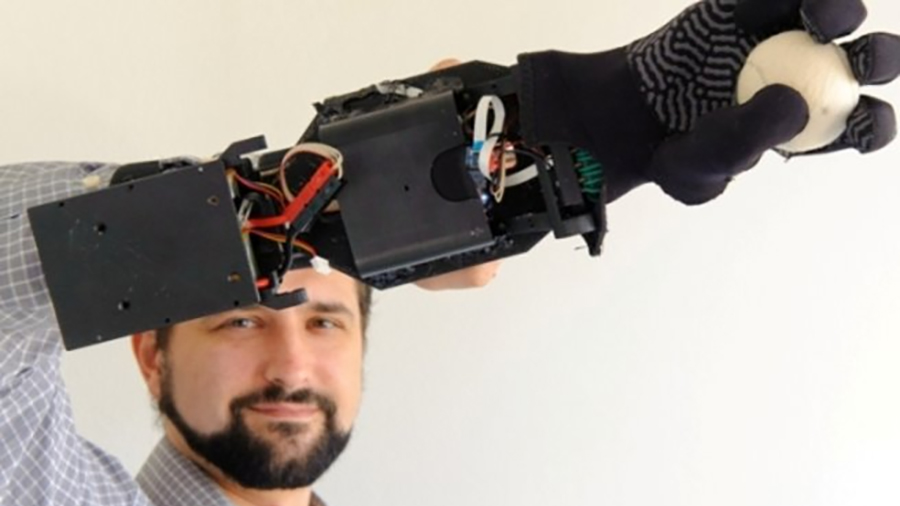
You might think picking up a mug of tea is the most straightforward task in the world, but the process of actually gripping a hand and coordinating all those muscles and fingers is in fact a very complicated one - one that robots haven't quite yet managed to master.
Get all the latest news, reviews, deals and buying guides on gorgeous tech, home and active products from the T3 experts
Take a look at any of the robot hands currently in development: you'll notice their slow, awkward movements, and how difficult it is for them to grasp and then to hold on to something.
Part of the problem is working out how to get robotic hands and other body parts to respond to touch, to understand when they're made contact with something solid and how much pressure they're exerting on it. You don't want a robot butler to smash your afternoon beer in its claws, for example.
One of the teams working on this issue is the Soft Manipulation (SoMa) Project, looking into techniques and materials that could make robot hands better at gripping.
Empathy and relationships
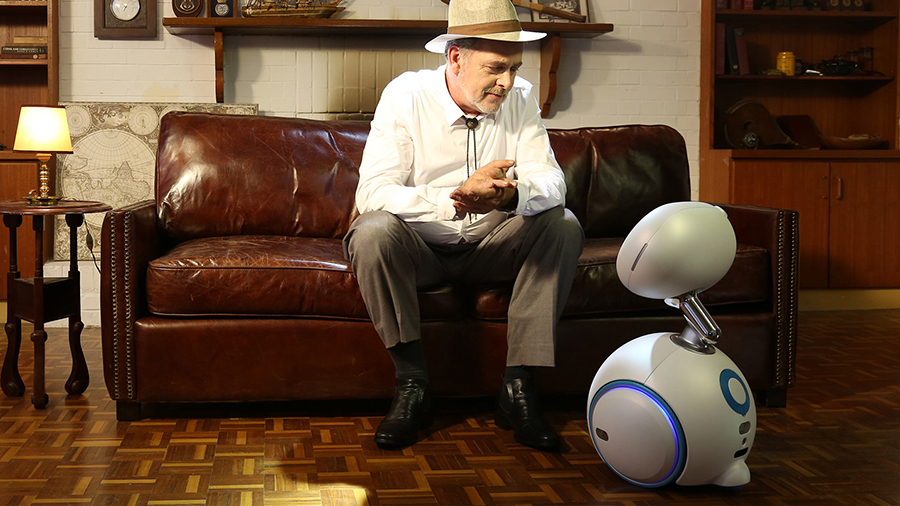
Robots are cold, hard, calculating and set in their ways, no matter how friendly the automated voices that come out of them might sound. One of the big questions in robots right now is whether or not robots will ever be able to show empathy.
We're already at the stage where software can analyse your face to tell how you're feeling, but actually responding to that feeling in real time - maybe changing your tone of voice because your friend seems sad - is something humans are still way ahead on.
If you think about it, so much of being a human involves being able to live in relationships with friends, family, colleagues and others. We support each other, we respond to each other, and we modify our behaviour based on our interactions with other people.
Succeeding with empathy and relationships also requires a detailed and nuanced knowledge of the motivations and feelings of the people around us, and that's very hard for robots at the moment.
Taking a walk
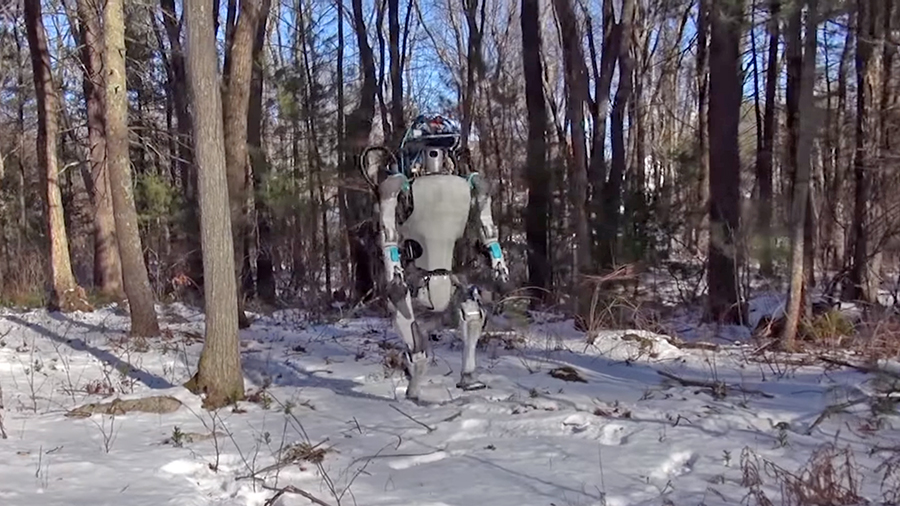
Sure, robots can walk well enough. They can even break into a quick jog if pushed. But they really struggle at coping with uneven terrain, or a slight jolt from the side, or a sudden gust of wind, something us humans don't even think about.
You may not appreciate it, but the human body is a wonderfully complicated biological creation, able to walk up hills, and down hills, and across stepping stones, and through the snow, with barely a conscious thought about it.
Robot makers are working with much more rigid materials, and much simpler brains, and replicating all the senses and responses that human beings rely on is a major challenge. And that's before you even get on to the topic of battery power (when the robot soldiers take over the world, how will they be powered?).
It's an incredibly complex part of robotics, so kudos to the teams building robots that can walk through doors, and take a push in the back, and even just go five metres without falling over. For now though, humans have the edge.
Being spontaneous

If you think about it, a lot of our human life is spent being spontaneous and maybe a little bit irrational. We're good at responding to events quickly, and going off on tangents, and this is another area where robots are still a long way behind.
It's connected to the ideas of creativity and empathy we mentioned above, and it's a problem for robots because computer software and hardware like being told what to do and making decisions based on existing data.
Add something new into the mix, or tell a robot to do something off its own bat, and your artificial droid suddenly has problems, even if it can spit out maths calculations faster than your ears can keep up with.
The next time you feel like that coffee stop or a day out at the beach, make sure you grab the opportunity - it's part of what makes us different to the robots.
- Feeling superior? Find out about the robots about to invade your home
Dave has over 20 years' experience in the tech journalism industry, covering hardware and software across mobile, computing, smart home, home entertainment, wearables, gaming and the web – you can find his writing online, in print, and even in the occasional scientific paper, across major tech titles like T3, TechRadar, Gizmodo and Wired. Outside of work, he enjoys long walks in the countryside, skiing down mountains, watching football matches (as long as his team is winning) and keeping up with the latest movies.
